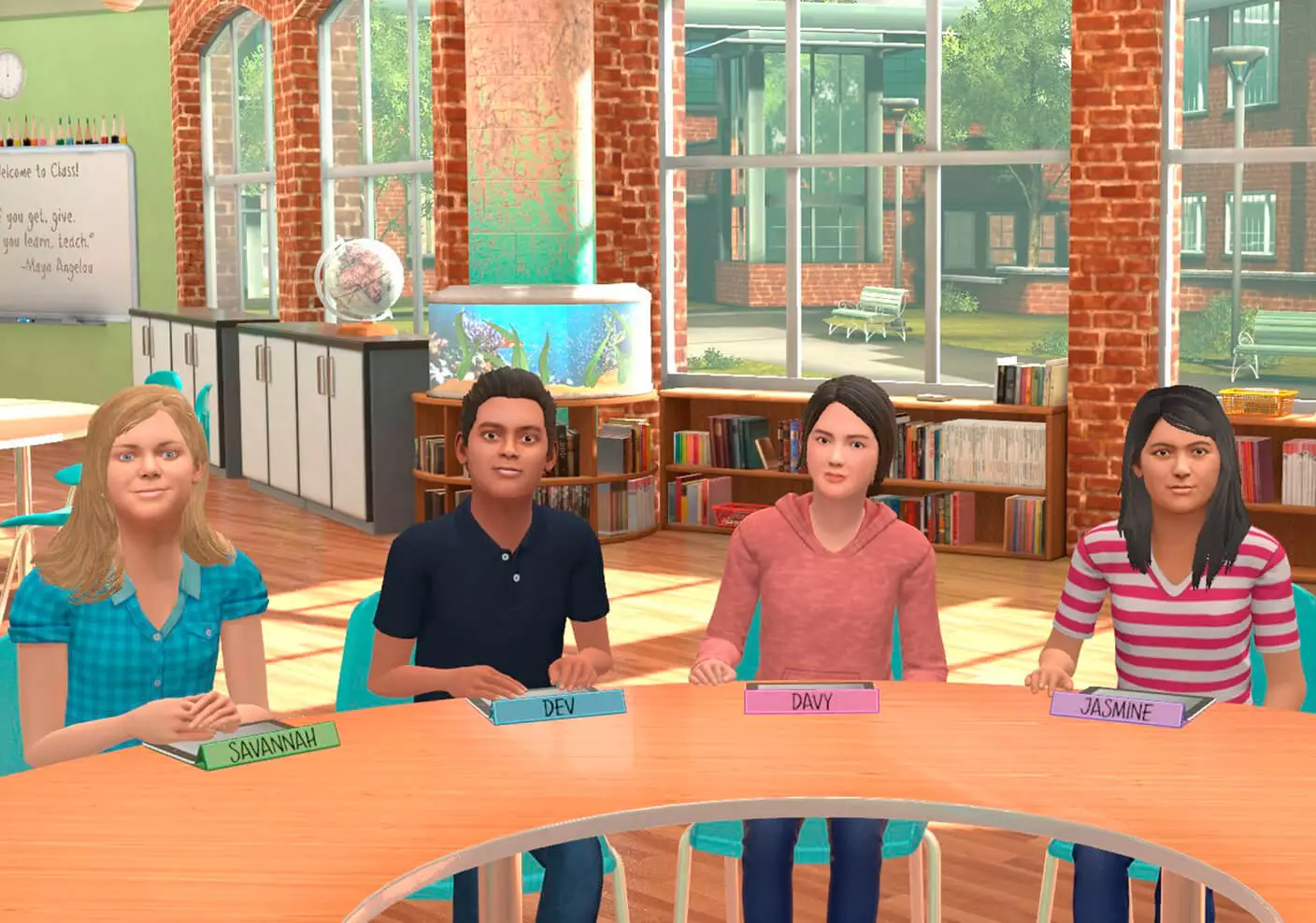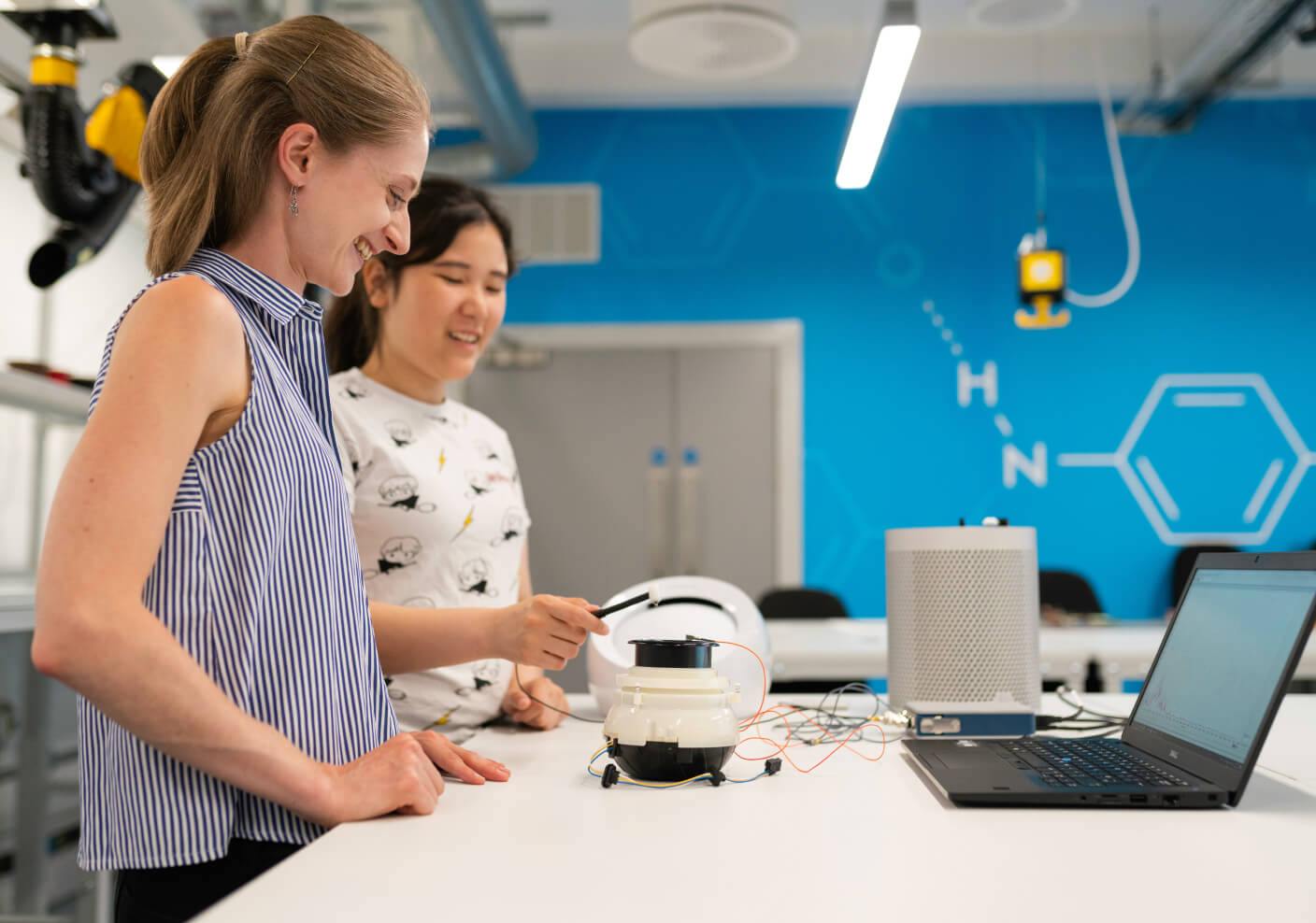On Feb. 24-26, Mursion was proud to be a sponsor of the 2021 American Association of Colleges for Teacher Education (AACTE) Virtual Conference. Part of the content offerings Mursion provided for the conference was our very first episode of The Mursion Podcast: Ongoing Conversations about Virtual Reality, Workplace Culture, and the Growing Trends in Workforce Development. Below is an edited excerpt from the episode, a conversation between Host Mandi Jo John and Dr. Nirmala Prakash on the need for Diversity, Equity, and Inclusion in Education:
Mandi Jo John:
What are the challenges that educators face in regards to addressing equity and inclusivity?
Dr. Prakash:
That’s such a hard question. To answer that question, we have to go back 400 years ago, or even prior to that, and understand how education as an institution was developed and how it had evolved in the United States. But let’s make some assumptions to have this conversation. Let’s assume that not only our listeners, but myself and yourself, we understand how education functions as an institution. We understand how it’s funded. We understand the pros and cons of that. We understand how schools in communities that don’t have a lot of resources that are considered very low-income areas, how they are adversely affected by funding and property taxes, let’s make these assumptions. And then let’s go from there.
What we have seen is the normal way of doing things — the way we’ve always done things — we are further marginalizing groups because of income, because of skin color, because of access to resources. And so when we think about what is equity and what is inclusion and education, we can’t divorce income from that conversation, right? And we can’t divorce skin color or language spoken at home or immigration status or any of these things. And the way that bias shows up in the classroom is, a lot of times, in an unconscious way.
I’m interested in hearing about the existing DEI training that we’ve been doing before 2020, 2021, and how it’s been failing in education. What is that poor DEI competency doing to our students and to our schools?
Let’s take the last part of your question first, which is what is it doing to our schools? What’s it doing to our students? It is perpetuating all the other forms of systems of oppression at our core.
In my daughter’s preschool class, there’s one Black boy in the class. Lots of Latinx individuals. Lots of what I can assume are white-presenting minorities, lots of white kids. I live in a suburban middle-class area.
The teacher, she is a wonderful teacher. She’s very nice and she’s very creative. I’m not sure that she realizes that the only time she says this Black boy’s name is when he’s doing something wrong.
That Black boy in my daughter’s class is the best reader. This little boy reads like he is in second grade, but that’s not what we hear his name being said for. And that is scary for me because that is how not having DEI proficiency and having subpar DEI training doesn’t allow you to practice and fix what’s happening.
Mursion exists as a tool for practicing for these conversations, but are preschool, K-12, and higher education institutions going to benefit from having it as an option?
Definitely. When we’re in training for education, higher ed, K-12, you sit in a workshop and you might have some role play as your practice or a case study. Something that like makes the drab PowerPoint slides come alive. But the practice piece doesn’t need to be just role play or just a case study or a sandbox or something like that. Because when it’s role play, for example, you’re stuck with who’s in the room with you, or you’re hiring actors. In medical education, we hire standardized patients, but even that’s a problem because there’s a cost associated with it that’s very high. The other part is that the educational institution has a pretty homogenous surrounding community. And so it was hard to get standardized patients for my medical students to practice on — forget getting someone who was LGBTQ, forget trying to bring up intersectionality of race and sexual orientation and gender identity.
What if you didn’t just have to rely on who was in your classroom or who was in that training workshop? What if now you’re practicing the conversation with an avatar that you can very deliberately choose. So if, for example, for me, I wanted my medical students and residents to practice having conversations with diverse patients, diverse in BMI, diverse in race and ethnicity, diverse in language background, diverse in every way that diversity could show up in education.
The future of education can be very bright. I mean, we see social movements in the United States that are scary, but there are also social movements in the United States that give me a lot of energy. People and organizations are starting to put their money where their mouth is. They are coming to Mursion and they’re going to all kinds of other providers of education, of DEI content, and they are spending money to train their staff, train their faculty, train their workers. That’s inspiring.
The next step to that is when you think about training, it’s not just the content we really need to explore. How are we having learners practice? You do it as educators in the classroom. You have your students, no matter what age they are, practice the content that you’re teaching them. And they have to show that they have mastered it in one way or another, but they don’t show you mastery before practice. The same way we need to do that within DEI, mastery comes after practice, and Mursion is that practice vehicle.
Subscribe for the latest Mursion articles and updates.
By clicking the sign up button above, you consent to allow Mursion to store and process the personal information submitted above to provide you the content requested. View our Terms and Conditions.




